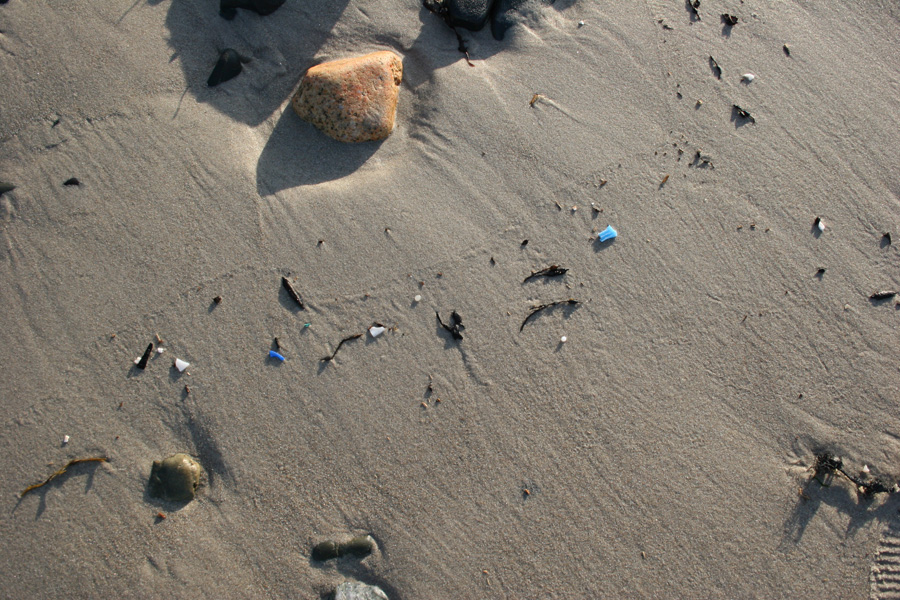I’ve been trying to identify those parties that have direct responsibility for the stewardship of our coastal environment and glean from them an accurate picture of what is done to remove rubbish from our beaches. I have spoken to TTS at length, received a couple of emails from the Department of the Environment and Tourism and spoken to a respected marine ecologist and environmentalist.
So far it looks like this:
Despite being a holiday destination defined principally by our beaches:
- We do not have an environmentally based programme to remove plastic and general refuse from our beaches
- Our Tourism department, that used to fund beach cleaning ceased doing so eight years ago.
- Most rubbish on the beaches will, during the winter, remain unless it is large enough for TTS to specifically remove it, normally at the request of a member of the general public.
- In the summer months, on alternate days, the top 25 yards of key beaches, as defined by the Tourism tourist destination areas list are raked by TTS using a surf rake machine (Barber 600 Surf Rake). However, the machine is used primarily to remove seaweed rather than fulfilling its true rubbish collecting capabilities.
- Apart from that taken by farmers, seaweed is never removed from beaches, just deposited, along with any rubbish it contains, at the low water mark.
- Almost all environmentally based efforts to free beaches from the build up of plastics and refuse are undertaken by volunteers.
The department of the Environment’s pretty facile response to my enquiries were to say that Yes plastics are a problem because they stay in the environment for so long, and that responsibilities for cleaning beaches are split between TTS and Eco-Active’s programme to organise volunteer groups. On this subject they suggest joining the Marine Conservation Society, which I had done anyway, where one can organise or help as a volunteer in beach cleaning activities. The only activity DoE seem to be doing themselves on this subject is providing better onshore rubbish facilities for fishing vessels.
In the spirit of fairness, the environmentalist I spoke to said that the surf rake machine could at certain times disrupt the habitat and breeding cycles of the sand fleas though.
An example of plastic fragments at L’etacq. In the space of perhaps two feet there are many fragments as well as plastic beads – as used in the manufacture of plastic products, and a serious threat to wildlife as birds often mistake them for seeds.
